Dhaka, Dec 18, (V7N) - The Public Administration Reform Commission has made several key recommendations aimed at improving the public administration system in Bangladesh. The commission's head, Abdul Mueed Chowdhury, shared these details during a meeting with journalists at the Secretariat on Tuesday.
One of the major proposals is that no one will be promoted without passing an exam. The Public Service Commission (PSC) will conduct exams for promotions, and individuals must score at least 70 points to be eligible. However, there will not be exams for promotion from the position of Undersecretary to Secretary, where the government can grant promotions at its discretion.
Currently, 75% of promotions to the position of Undersecretary are reserved for the administration cadre, with the remaining 25% for other cadres. The commission recommends a 50-50 split, with equal opportunities for both administration and other cadres in promotions.
The commission also recommended the removal of police verification for job and passport applications, stating that every citizen has the right to obtain a passport and travel anywhere in the world, as long as there are no legal barriers.
The commission is focusing on the Right to Information Act and plans to assign one official in each district and division to ensure its proper implementation. Additionally, the commission has suggested that the health and education sectors should not be part of the government cadre system, as these fields are specialized and require separate treatment, similar to the Judicial Services Commission. While other sectors can remain within the cadre system, health and education should be treated differently, according to the commission's proposal.
In terms of administrative divisions, the commission recommended that Comilla and Faridpur be made separate divisions. This change would involve adjusting the boundaries of several districts, including Dhaka, Mymensingh, and Chittagong, to create the new divisions.
The meeting also saw some disruptions. A student representative, Mehedi Hasan, who is a fourth-year student of Public Administration at Jagannath University, criticized the existing system of public administration. He shared that after speaking to various officers and the public, he felt that many officials, including Undersecretaries and Deputy Commissioners, were not serving the public but rather their superiors. He expressed concerns about the behavior of senior officials and questioned the effectiveness of the system. His comments were met with protests from the journalists present, who asked for an apology.
When asked about his views on the previous reform commissions, Mehedi questioned why previous efforts had failed to bring about efficient changes. This led to a heated exchange between Mehedi and the journalists, who demanded an apology. Later, Mehedi apologized for any offense caused by his choice of words.
These developments reflect the ongoing efforts to reform public administration in Bangladesh and the challenges involved in implementing these changes. The commission's proposals aim to modernize and improve the public service system for the benefit of citizens.
END/SMA/RH/



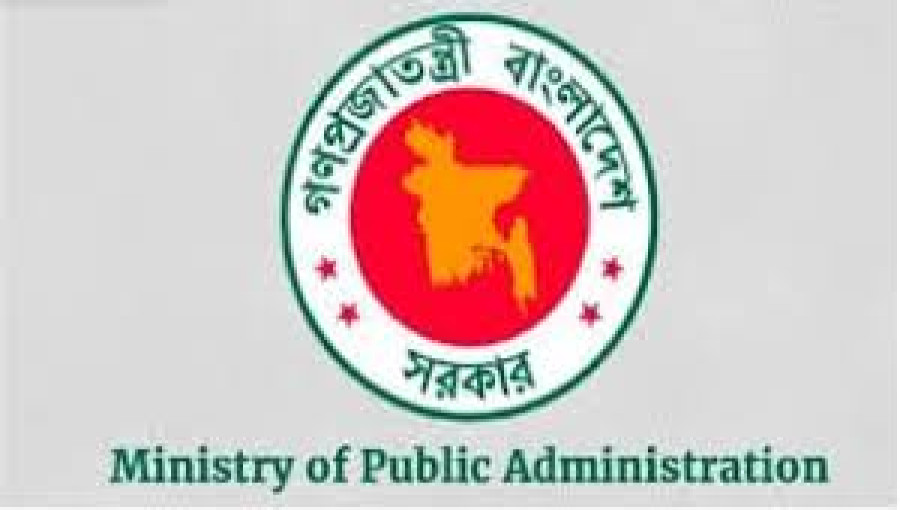

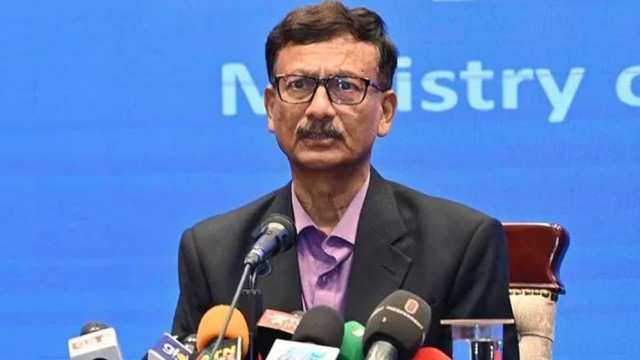
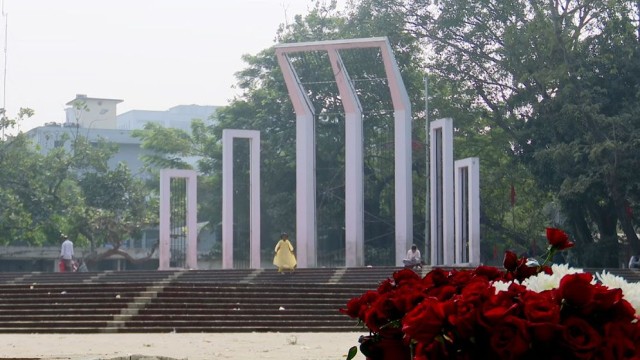

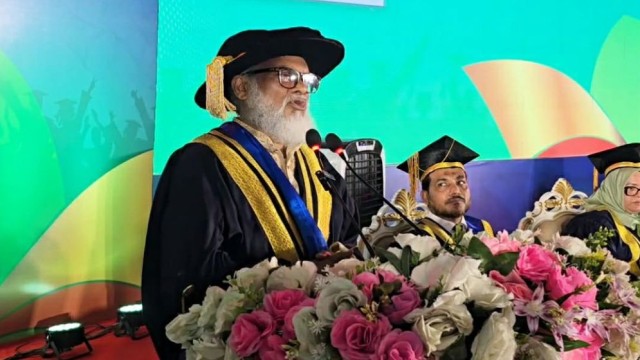
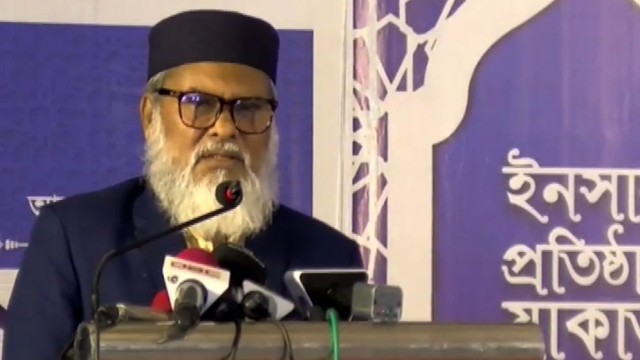
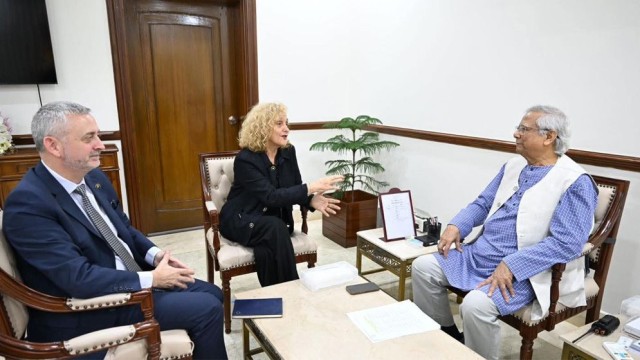

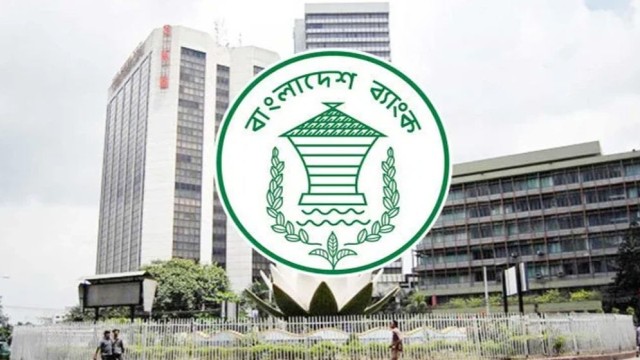
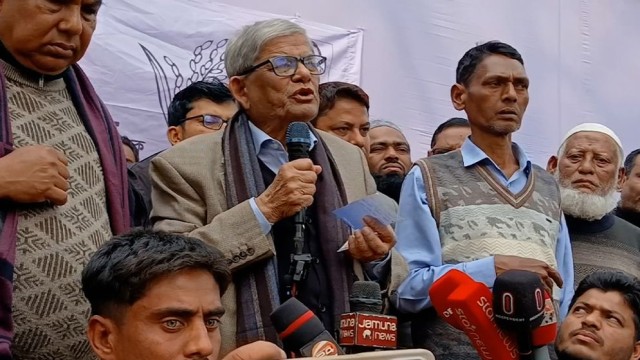

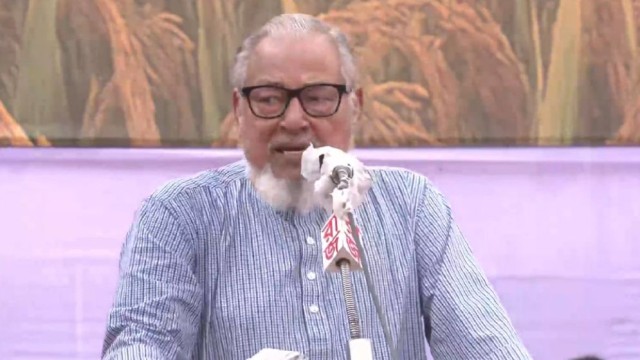

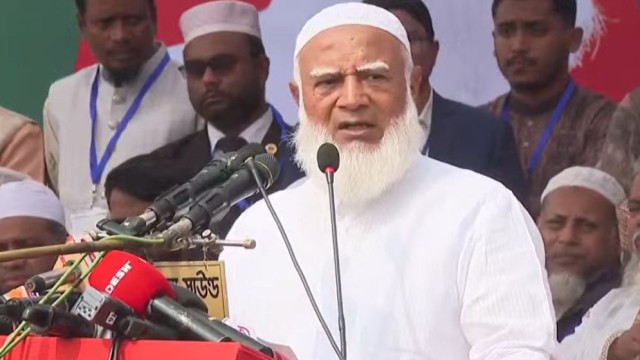




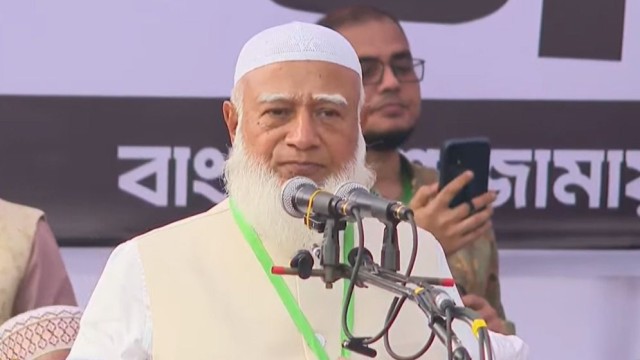
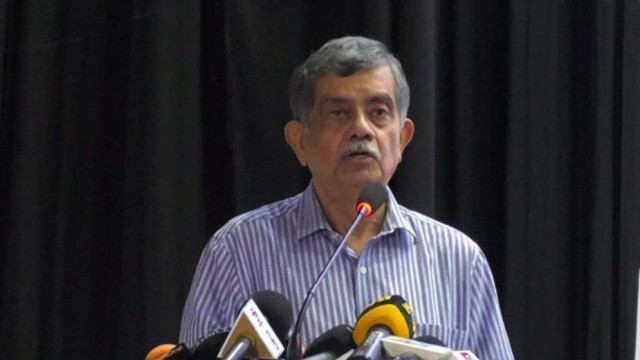
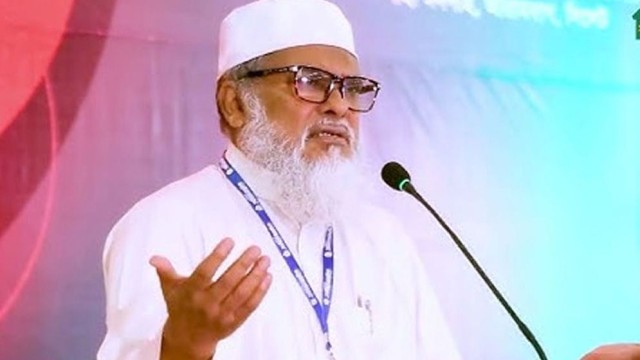
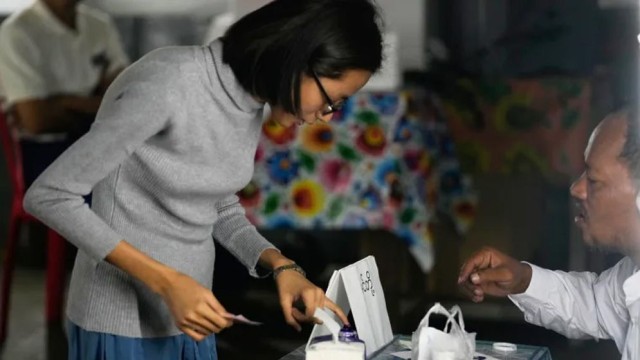

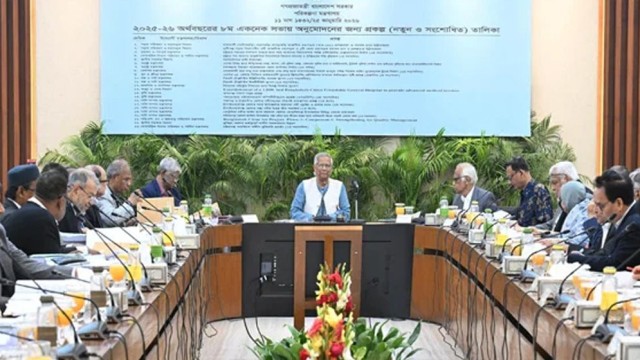
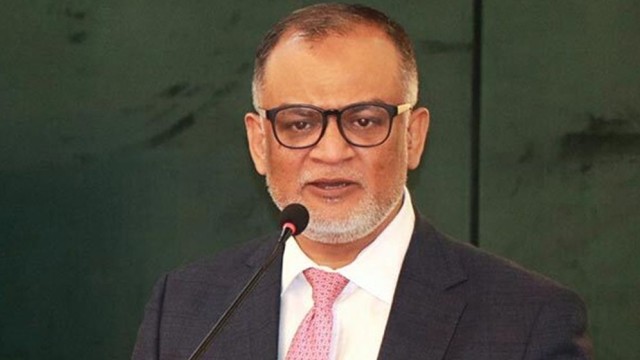
Comment: